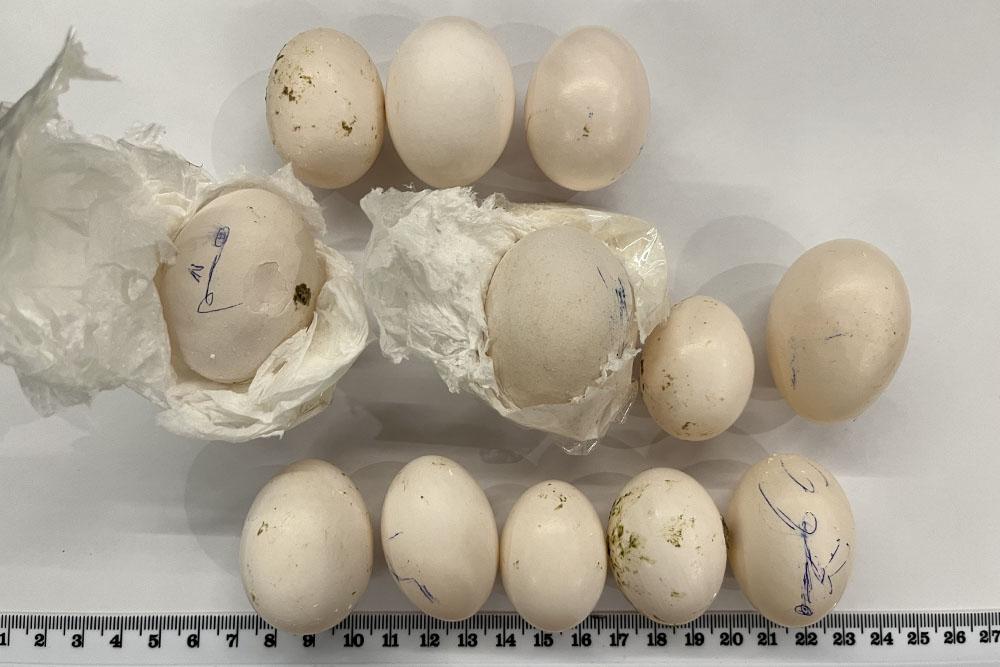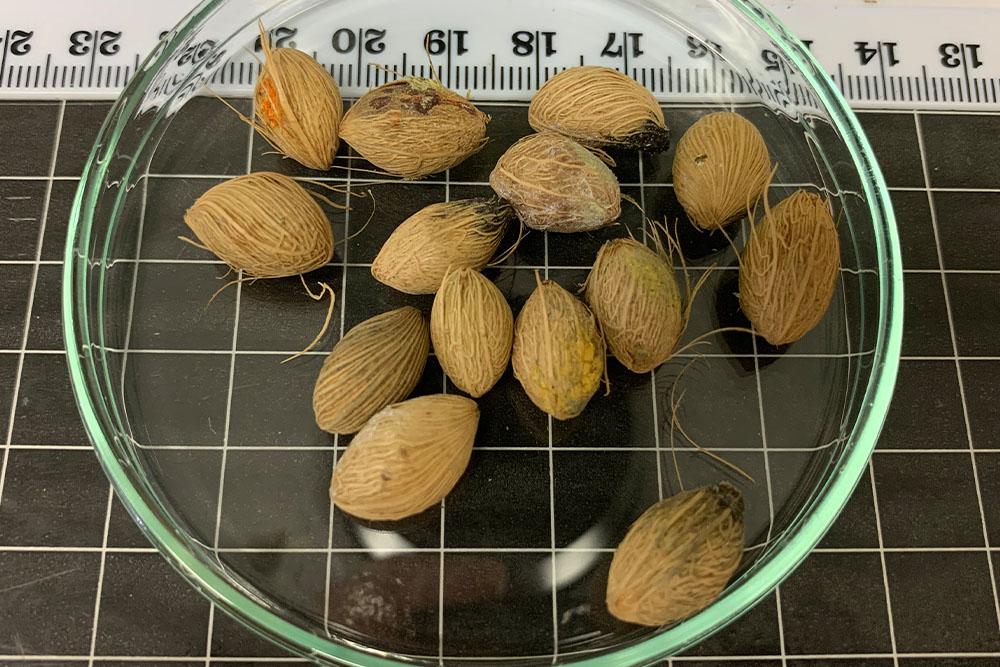It’s World Rabies Day on 28 September - this year’s theme “Breaking rabies boundaries” challenges nations to eliminate barriers that stand in the way of eliminating the disease.
Thanks to our strong biosecurity system, including strict import controls for live animals, Australia remains free from rabies virus. However, it’s important to remember that rabies has devastating impacts on communities around the world.
The disease, which is usually transmitted by bites from infected dogs, is typically ultimately fatal in animals and people. Common signs in animals are erratic and strange behaviour, drooling, attacking and biting for no reason, twitching or running around blindly. Signs can also include staggering or wobbling while walking, paralysis of limbs and sagging jaws.
Rabies is 100% preventable with vaccination. Vaccinating dogs eliminates rabies at the animal source. In March this year, rabies virus was detected in dogs in Timor-Leste. We’ve worked closely with the Timor-Leste government to vaccinate 40,000 dogs and raise awareness of the disease, particularly in children who are vulnerable to dog bites.
International collaboration using a One Health approach is key to stopping the spread of rabies virus and human deaths from the disease. This approach brings together human, animal and environmental health sectors in a coordinated, unified response against rabies.
Despite Australia being free from the virus, it’s important to remain vigilant. If you see any animals acting strangely, stay clear and call the Emergency Animal Disease Hotline on 1800 675 888.
Find out more about Australia’s commitment to fighting rabies.



